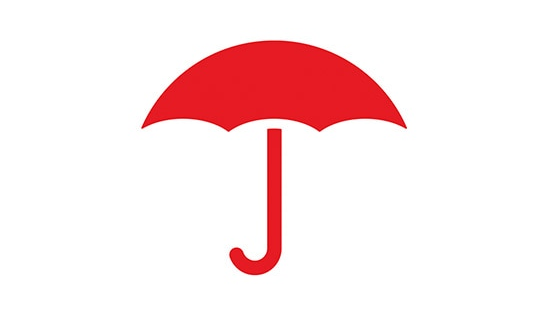Protect your small business.
Small Business Resources
5 Interviewing Tips for Hiring Employees for Your Small Business
These interview tips can help you find qualified candidates for your small business.

Small Business Resources
5 Things to Know Before Renting or Leasing Space for Your Business
Before you lease a commercial property for your small business, you’ll want to consider what the lease includes, its terms and renewal options, and whether your property is insured to its true value.

Small Business Resources
5 Ways to Use Digital Marketing to Grow Your Small Business
Learn how to use digital marketing to help grow your small business. This includes social media, email marketing, SEO, online advertising and customer reviews.

Small Business Resources
Accepting Mobile Payments for Your Small Business
Mobile payment options are convenient but include risk. Learn more to help protect your small business.
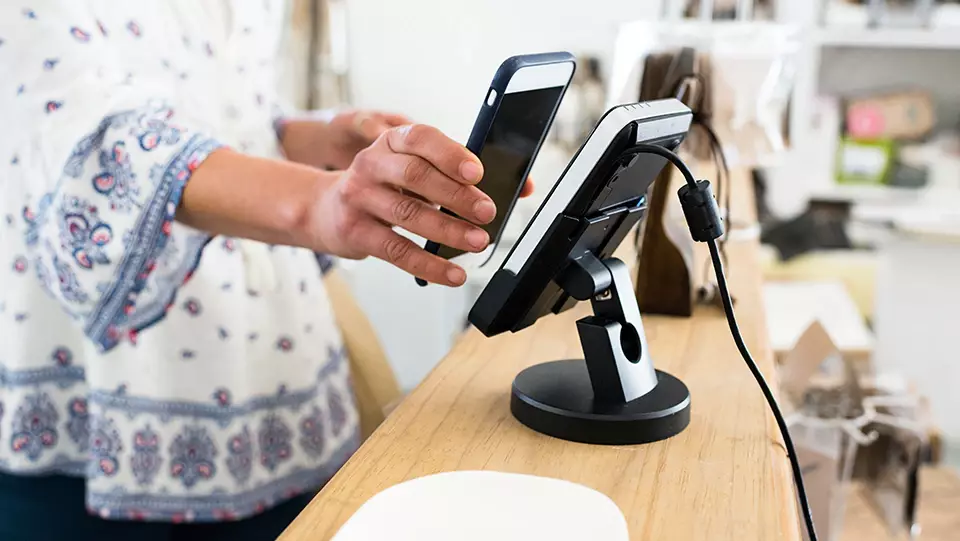
Small Business Resources
Considering a Wellness Program at Work?
Offering office wellness programs at work can help employees stay engaged at work. Here are some things to consider if you plan to create a program for your small business.

Small Business Resources
The Pros and Cons of Distractions in the Modern Small Business
Dogs and ping-pong tables are just a couple of the distraction risks in the modern office. Learn how to balance the benefits and risks with tips from Travelers.

Small Business Resources
Finding Employees for a Small Business: Building a Talent Pipeline
As your small business grows, your need to hire employees grows as well. Learn how a talent pipeline management strategy can help your business as well as tips and tricks to build a talent management pipeline.

Small Business Resources
How Prompt Incident Reporting Can Help Protect Your Business
Businesses need to take every incident seriously and prepare for a potential claim. Reporting incidents before they even become claims is a key step in protecting your business.

Small Business Resources
How to Protect Your Small Business from a Lawsuit
Learn how to help protect your small business from a lawsuit.

Small Business Resources
How to Protect Your Small Business Against Inflation
When inflation is on the rise, small businesses need to evaluate their insurance coverage to avoid potential gaps in the event of a claim. Learn how to protect your small business against inflation.
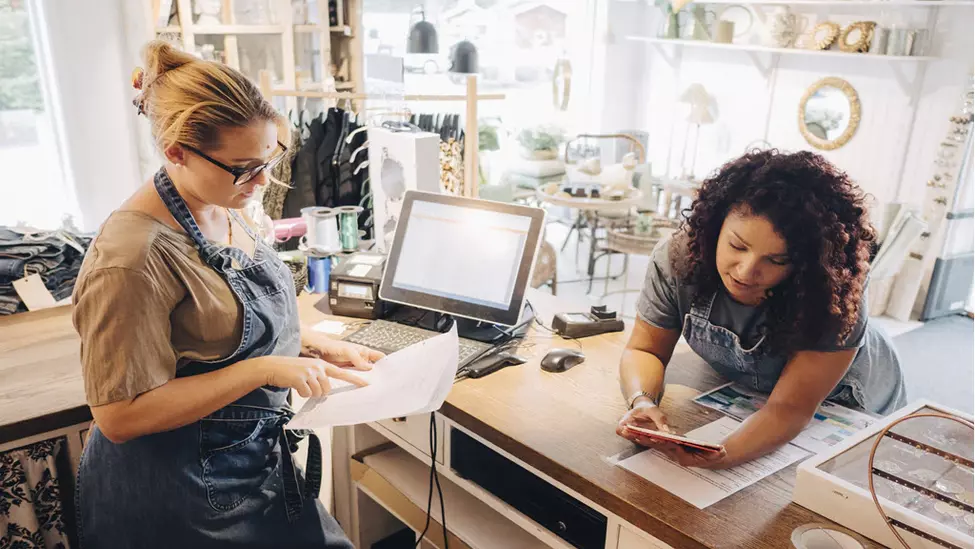
Small Business Resources
How to Set Up Your Home Office
If you work from home, properly setting up your home office can help avoid painful injuries and time lost from work in the future.

Small Business Resources
Should You Have a Cellphone Policy at Work?
Most of your employees probably bring a personal cellphone to work, which can cause concerns about personal use, safety and security.

Small Business Resources
Small Business Insurance Glossary
Here are some of the more important terms to help you understand your policy.

Small Business Resources
The Economics of Ergonomics for Small Businesses
When choosing new office furniture, consider how proper seating and workstations could offer significant cost savings in the long run.

Small Business Resources
Vendor Management Best Practices for Your Business
From relationship building to managing your supply chain, here are some best practices for vendor management for your small business.

Small Business Resources
Is Your Small Business Adequately Insured?
Life is always changing - and over time, so will your business. Take our small business insurance coverage quiz to see if your business is underinsured.

Small Business Resources
Prepare Your Small Business Against Cyberattacks
Cyberattacks can have a large impact on small business. Learn more about how to protect your small business.

Small Business Resources
The Importance of Keeping Your Small Business Insurance Up to Date
Your business experiences will likely change over time. That’s why reviewing your business insurance policy should be a regularly scheduled event.

Small Business Resources
How to Achieve Sales Goals and Improve Marketing
Optimizing your marketing and sales efforts is more important now than ever. It will likely dictate your business's success moving forward. Learn more today.

Small Business Resources
Exploring New Products and Services During an Economic Downturn
Finding the right product and service offerings is key to making it through a recession. Learn more about which new products and services you should be selling.
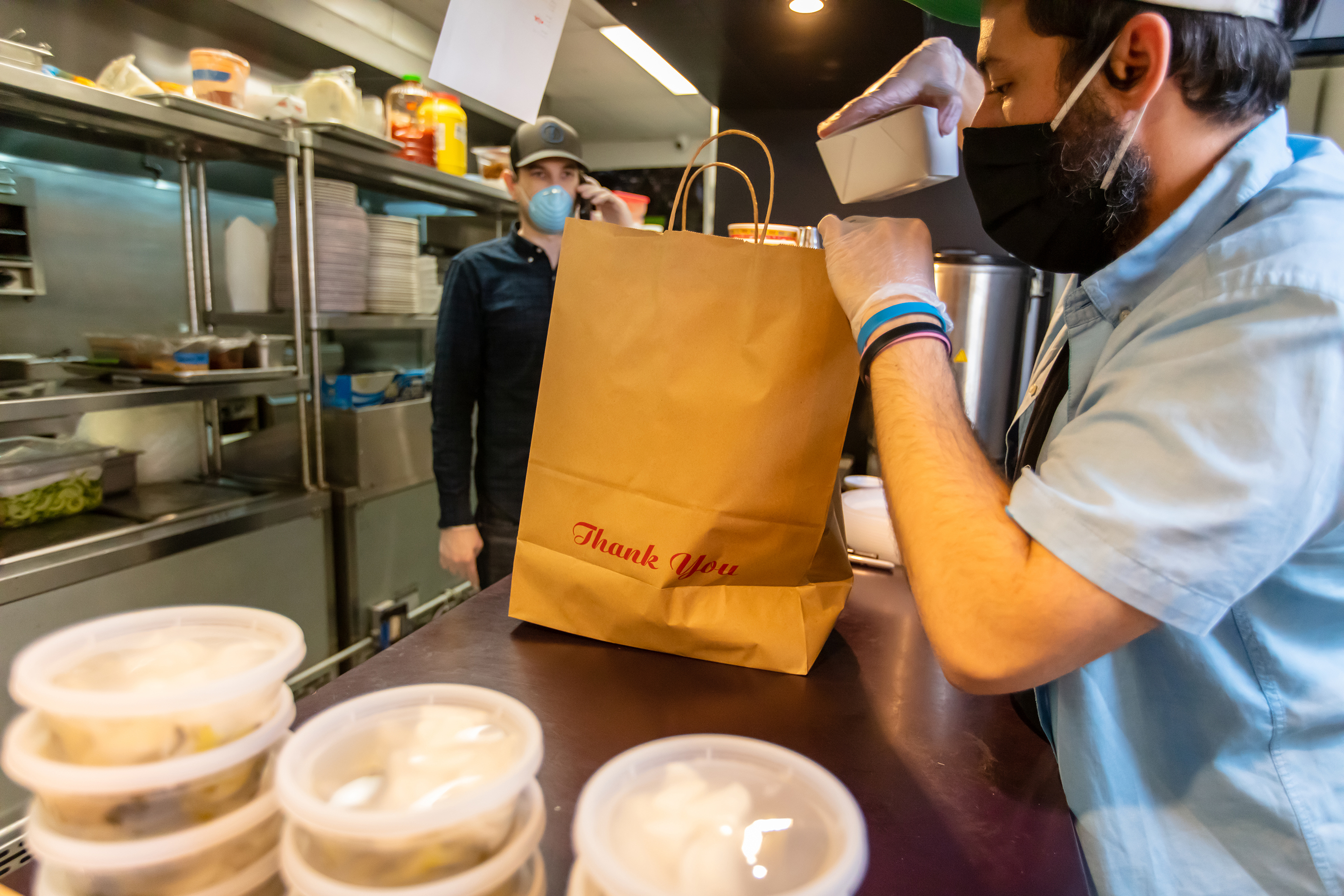
Small Business Resources
How to Help Streamline Operational Processes and Procedures
Learning ways to streamline business processes and procedures will help to reduce operating expenses during an uncertain time for companies. Learn more today.

Small Business Resources
How to Approach Agile Decision-Making in Your Organization
Are you looking to achieve agile transformation in your company? Learn more about how managers can make agile culture shifts and more effective decisions.
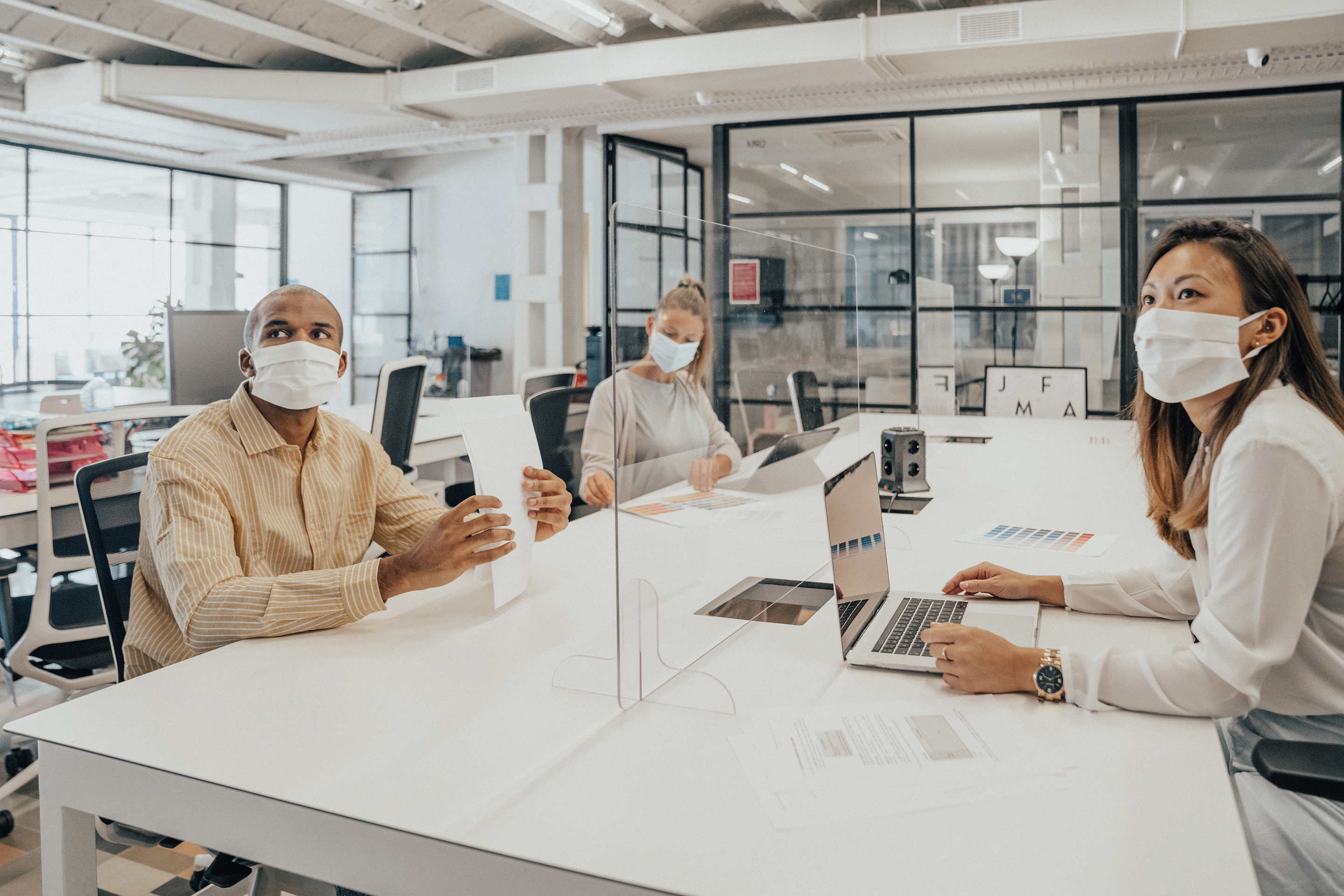
More resources and tools
Workplace Safety Resources
Ergonomics for the Road Warrior
Laptop and tablet use is on the rise for modern workers, and with it comes a new set of ergonomic challenges.

Workplace Safety Resources
Ergonomics in the Mobile Office
Vehicle ergonomics are key to the health and safety of workers on the go. Learn about driving ergonomics to help prevent injuries.

Workplace Safety Resources
Ergonomics in the Modern Office
The modern office sees new ways for employees to be productive, like exercise balls and standing desks. The improper use of these devices can lead to discomfort and injuries.

Workplace Safety Resources
Guide to Ergonomics in the Workplace
Effective workplace ergonomics can help reduce employee injuries. Read these tips on office ergonomics planning.

Workplace Safety Resources
How to Adjust Your Desk Chair and Workstation
Sitting at a desk all day can put stress on your body. Learn how to create an ergonomic workstation setup to help prevent injury.

Workplace Safety Resources
The Modern Office Brings Emerging Risks
Modern office trends, such as mobile device use and work and play activities, bring new safety risks.

Cybersecurity Resources
How to Protect Your Company from Business Email Compromise
Business email compromise is a growing threat to companies, which unknowingly grant a hacker access to their business email account that can be used for wire transfer fraud.
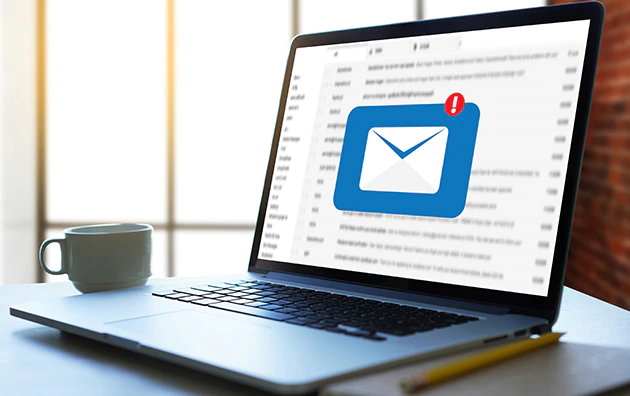
Workplace Safety Resources
How to Prepare Your Business This Holiday Season
Holidays can bring added risk to your business with more foot traffic, seasonal decorations and new staff. Make sure your employees are prepared to keep your store safe and hazard-free.

Facilities Management Safety Tips and Resources
Property Loss Prevention Plan
Property loss can hurt your business. Learn about property loss prevention and get tips on property preservation programs and plans from Travelers.

Business Continuity Resources
Business Continuity Planning in 4 Steps
Having a strategy – before an event happens – helps to maximize the chance your business can recover while minimizing the loss of life, property and assets.

Cybersecurity Resources
5 Cyber Readiness Practices to Boost Your Cybersecurity
Cyber risk is a top concern across all businesses. Improve your defense and explore five cyber safety best practices to help boost your company's security.
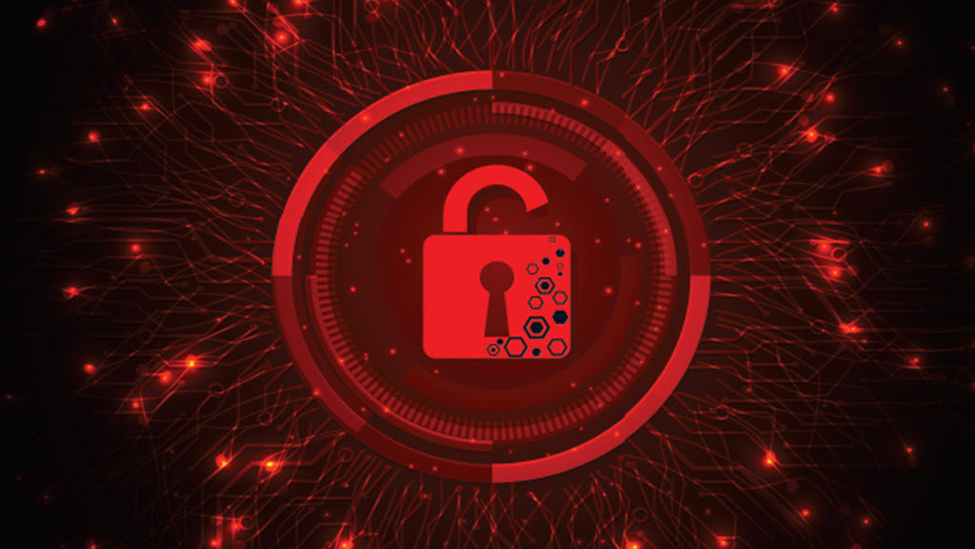
Facilities Management Safety Tips and Resources
Tips to Help Keep Employees and Visitors Safe in Parking Lots
Slippery conditions, uneven surfaces and poor lighting can make parking lots and garages hazardous for employees and visitors. Explore tips to help keep your parking lots safe.

